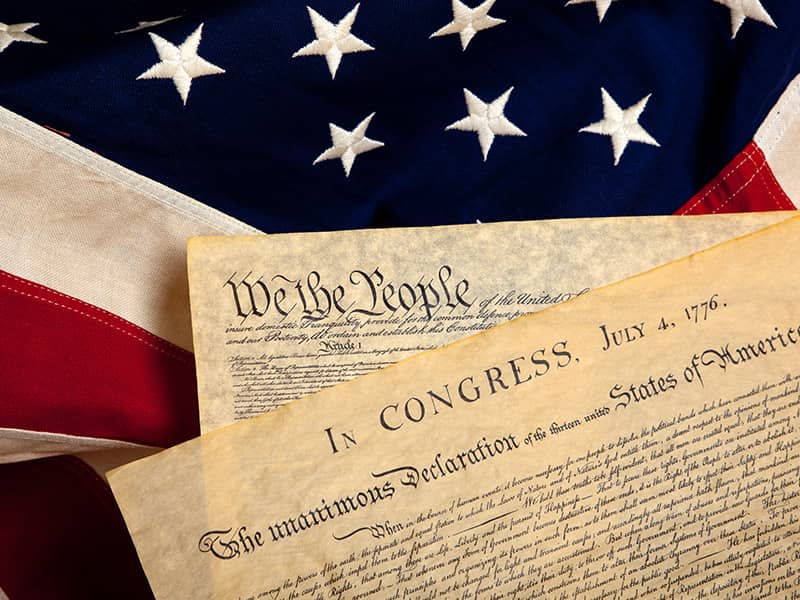And once again, I come back to the foundation of my faith and my political work--short-term effectiveness is not the point, long-term faithfulness is. It is foolish to work against war when it is going to happen, but God's foolishness is wiser than human "wisdom." Those of us who work for peace are weak, but God's weakness is stronger than human strength.
I'm drawn again to John Howard Yoder's essay--"The Kingdom as Social Ethic." It's an essay I've read and re-read, especially in the past year. And what continues to strike me is a simple sentence: "The church is called to be now what the world is called to be ultimately." Yoder calls it a "modeling mission." That the church is called to see its life and ministry as doing today what the world is destined for in the ultimate purposes of God. That we are called to live in and work for the peace of God's kingdom even in a society bent on war.
He stresses that "the believing community as an empirical social entity is a power for change." It is often lonely to be a dissenting voice opposing the dominant voice in the larger society. But the church should, and at its best does, "cultivate an alternative consciousness."
The believing community, says Yoder, keeps alive "an alternative view of what the world is like by narrative and celebration which fly in the face of some of the 'apparent' lessons of 'realism'." It does this by experiencing together the feelings of isolation and powerlessness that result from being a dissenting view to the majority opinion. It learns to "trust in the power of weakness" and by learning to "see through the weakness of power." It presents an "alternative narrative"--"the believing community has a longer sense of history past and future than majorities unaware of alternatives to their own world. They do not assume that the only way to read national and political history is from the perspective of the winners."
And, most importantly, he argues against the view that being faithful means being ineffective. "A minority group with no immediate chance of contributing to the way things go may still by its dissent maintain the wider community's awareness of some issues in such a way that ideas which are unrealistic for the present come to be credible later." Because, "a morality based on principle has a special moral power."
I am especially moved during the Eucharist in worship services these weeks. The narrative of the broken body and shed blood of Jesus symbolizing the broken bodies and shed blood that is likely to result from a war. And the celebration of his ultimate resurrection triumph over the powers.
So, I will continue to work with all my energy to prevent a war against Iraq. And when it begins despite my best efforts, I will believe that the foolishness and weakness of believing in peace is still better than the "wisdom" and "strength" of war. I believe that experiencing that powerlessness in the community of believers will sustain me. And I believe that continuing to work for peace is what God has called me to do.

